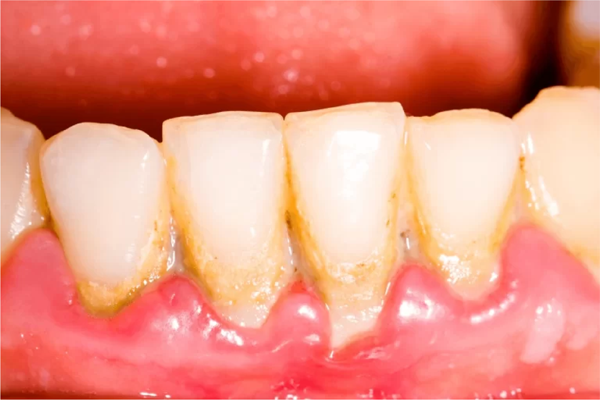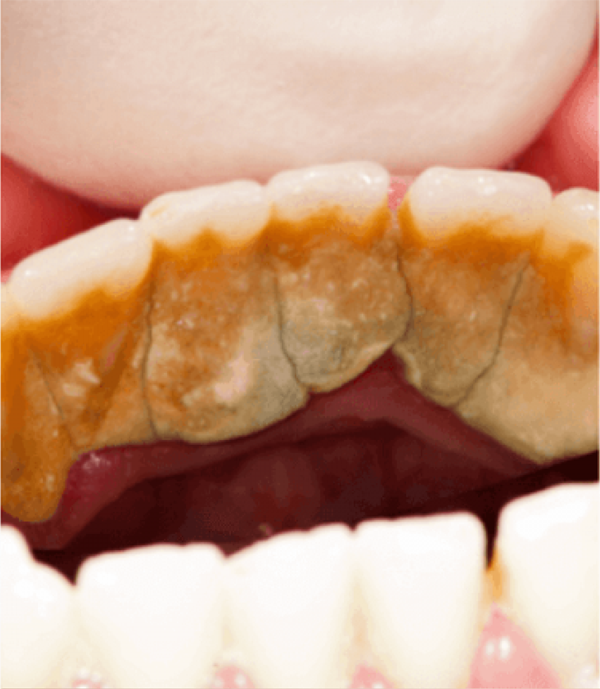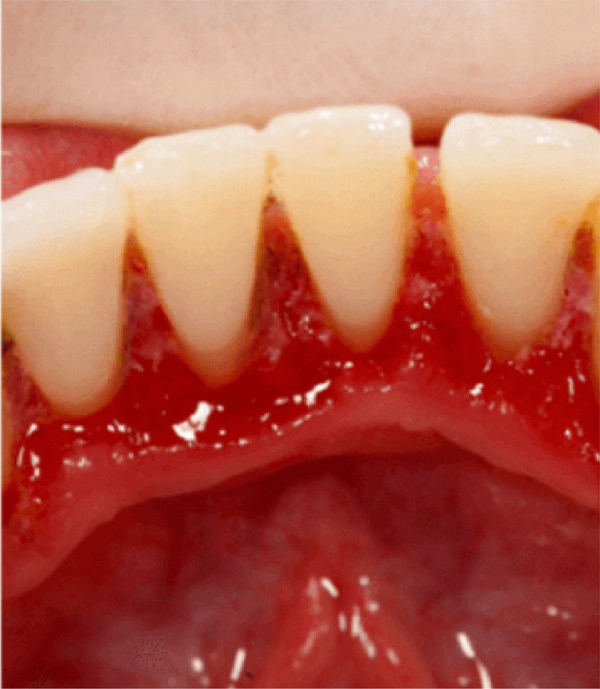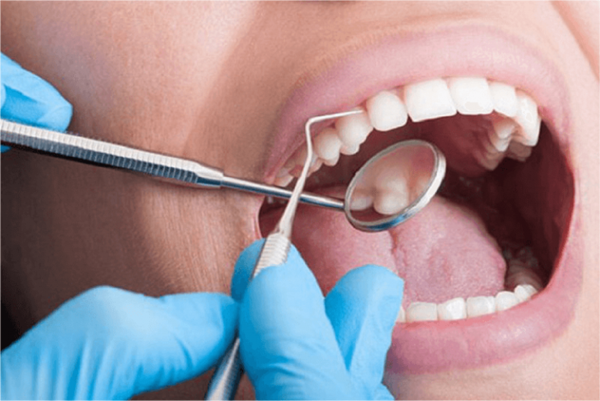
Cleanings
WHAT IS TEETH CLEANING?
Scaling (removing tartar) every 3 to 6 months is an effective way to clean and prevent dental diseases.
What is tartar?
Tartar is a place where bacteria reside, multiply and develop, causing serious ef-
fects, forming a number of oral diseases in particular and whole body health in gener-al such as respiratory and cardiovascular problems. , pregnancy,…

In fact, tartar is leftover food particles that stick between teeth and accumulate over a long period of time. These plaques are then calcified by bacteria, calcium phosphate salts and cal-cium carbonate found in saliva.
See more: CROWNS – BRIDGES at Unistar Dental
Classification of dental calculus
Tartar is basically divided into two main types: Salivary tartar and Serum tartar.
Special:
Salivary tartart
Salivary tartar often appears between teeth, tooth surfaces or on the gums. The main cause is that calcium salts in saliva are light yellow, reddish brown or yellow brown.
Serum tartar
Serum tartar usually adheres to teeth, tooth surfaces or under the gums. Usually this type of tartar is black, very hard and difficult to remove. This type of tartar often accumulates a lot of bacteria, creating conditions that cause severe gingivitis. However, they are difficult to detect by eye.
Harmful effects of tartar on health
Tartar often sticks to the crown of the tooth or under the gums. This causes many harmful effects such as: Creates an unpleasant odor in the oral cavity (badbreath).
It greatly affects the aesthetics of teeth. Plaque that accumulates over time and is not cleaned will destroy tooth enamel, thereby increasing the risk of tooth decay.
Causes dental problems and diseases such as: Bleeding gums, receding gums exposing tooth roots, pharyngitis, tonsillitis, oral mucositis, periodontitis,
alveolar bone loss and, more seriously, cavities. tooth. Loose teeth, broken teeth,…
Tartar makes gums unhealthy, causing respiratory diseases, cardiovascular diseases or diabetes. According to many studies, if pregnant women have
too much tartar, it will easily cause premature birth.


Harmful effects of tartar on human health

Is scaling teeth good?
According to research by the American Dental Association ADA, tartar is the main cause of many serious oral diseases.
Therefore, each person needs to have the habit of going to the dentist and having
plaque removed from their teeth periodically every 3-6 months. In particular, for patients undergoing orthodontic treatment, it is best to perform dental scaling every 3 months to completely clean plaque accumulated between teeth or on braces. .
PAINLESS QUALITY TOOTH SCALING PROCESS
Unistar Dental always puts customer safety first, so each of our dental services and procedures is always guaranteed according to many strict steps. Specifically, the tooth scaling process takes place according to the following steps:
Step 1: General examination and oral health assessment
We understand that each patient coming to Unistar Dental has a different problem and condi-tion. Therefore, the initial assessment and overall inspection will help identify those problems more specifically, thereby helping the following steps be accurate.
Step 2: Clean teeth
Clean oral hygiene will help minimize the harmful effects that bacteria can cause and limit in-fections to oral health.
Step 3: Scrape teeth with an ultrasonic scaler
Unistar Dental always applies the world’s most advanced dental technology in treatment. For tooth scaling service, we use a 25KHz ultrasound machine, 10-30W capacity, small machine head, flexible movement, just enough vibration to dissolve plaque without causing damage. affects neighboring tissues.
Step 4: Long-term support
A tartar removal process at Unistar Dental only takes about 15-30 minutes (depending on the level of tartar). Once done, we will instruct you on how to care for it at home. In addition, the patient care department will contact you for support and remind you to schedule a follow-up visit.

Some notes after scaling teeth
• After scaling your teeth, you need to note a few things:
• Limit the use of stimulants (tobacco, alcohol…), hot spicy foods, foods that are too hot or too cold will cause tooth sensitivity, do not eat sticky foods that easily stick to teeth.
• Take medication as directed by your dentist, if any.
• Keep up with your dentist appointments to monitor results.
• Build a scientific and healthy diet, provide your body with all the necessary nutrients, and eat products rich in vitamins and minerals.
• Clean your teeth regularly with mouthwash, floss, and brush your teeth with fluoride tooth-paste twice a day.
• You should proactively schedule follow-up examinations and teeth cleaning every 3-6months.



 Tiếng Việt
Tiếng Việt






